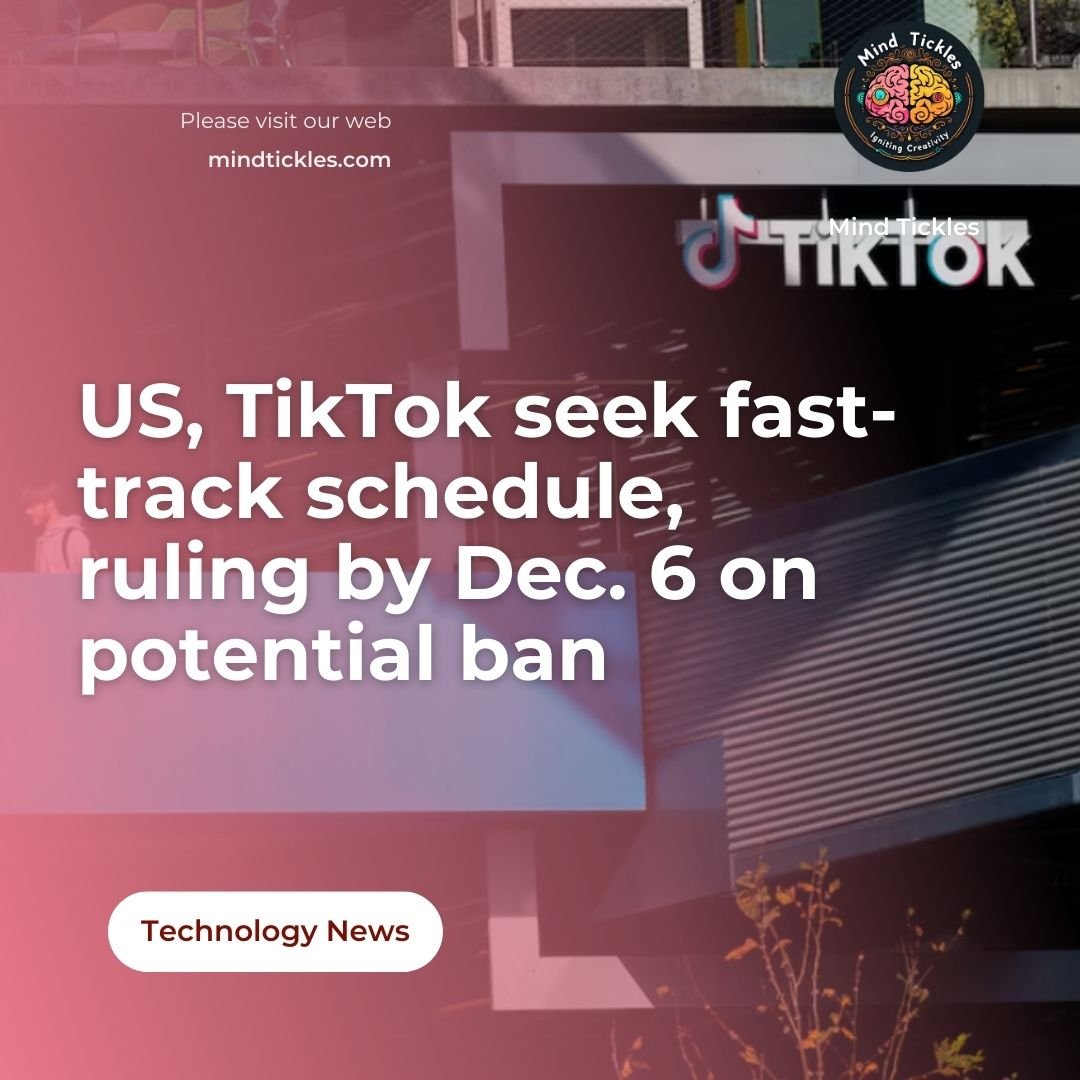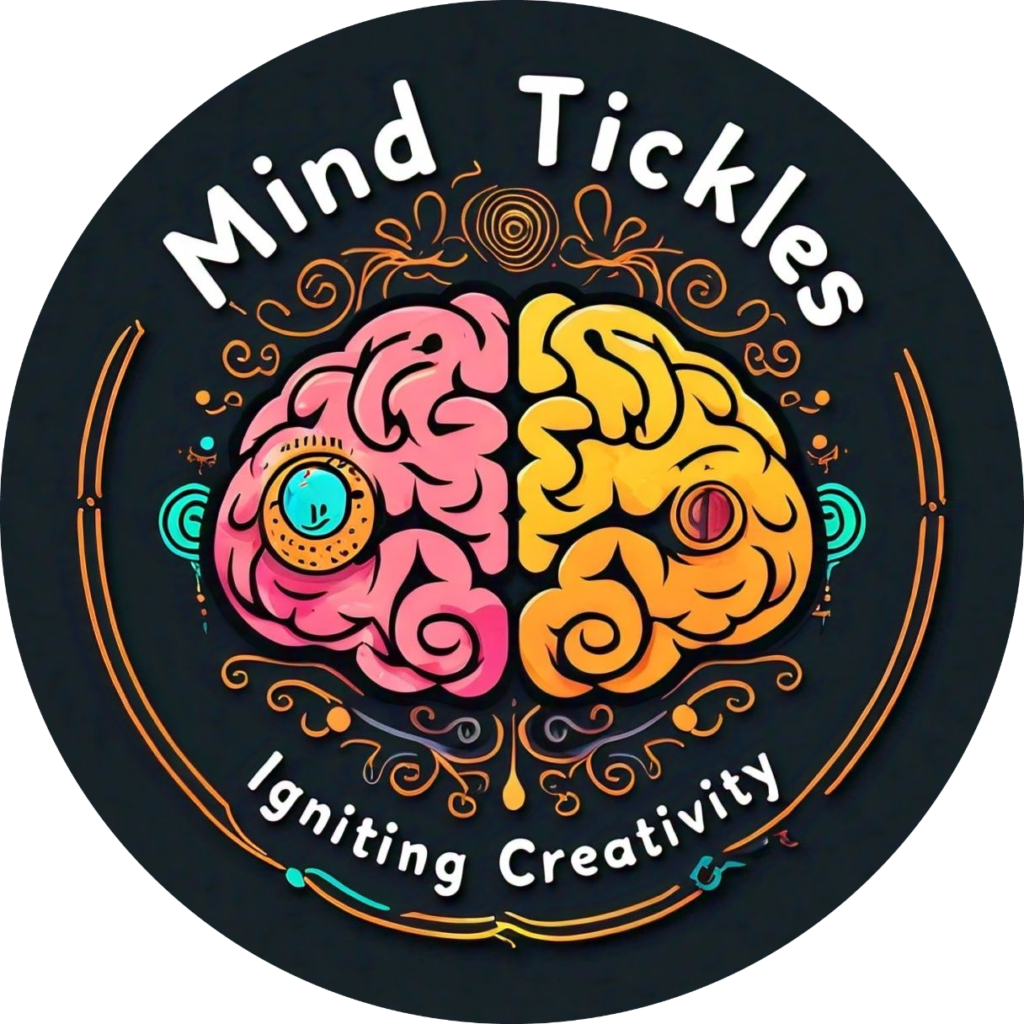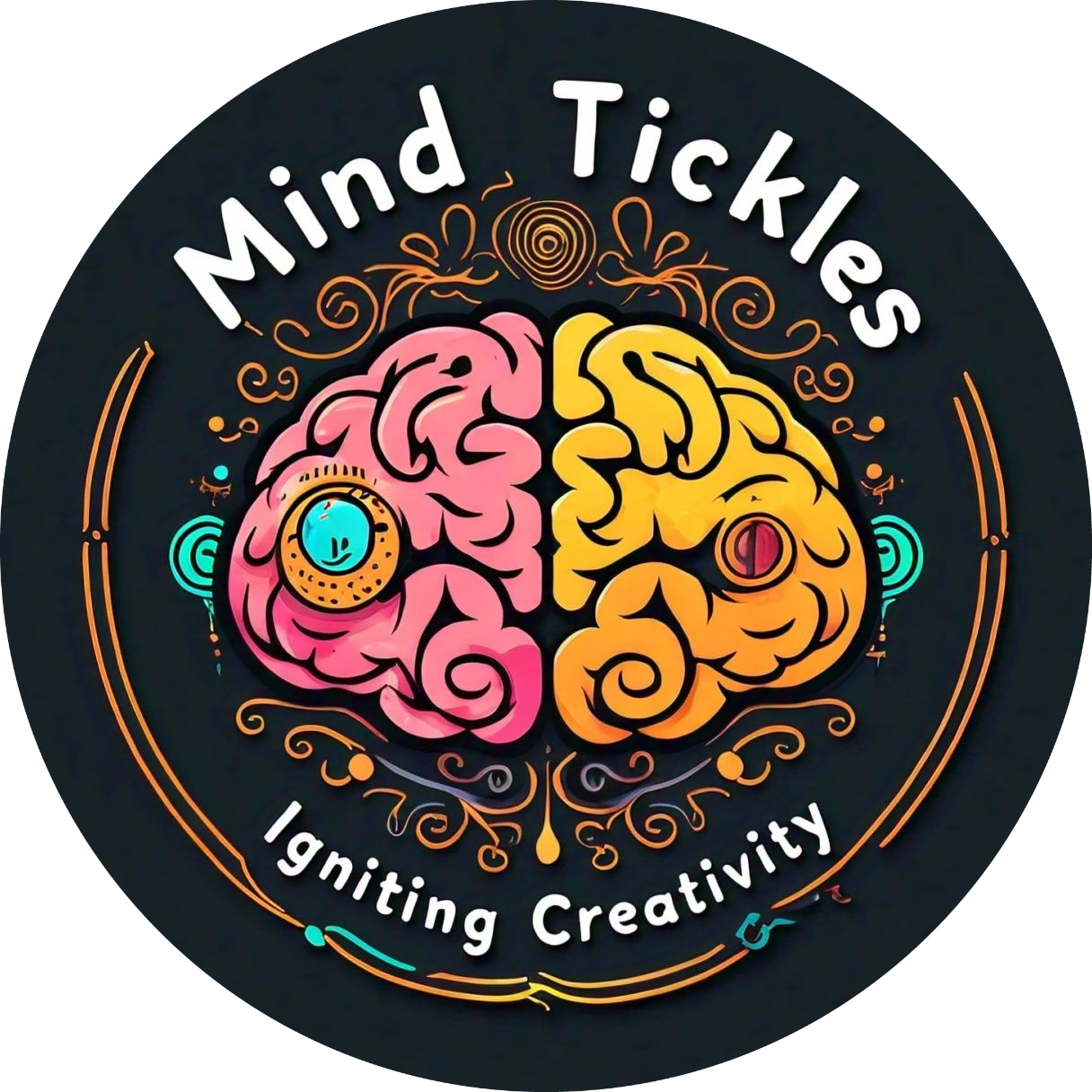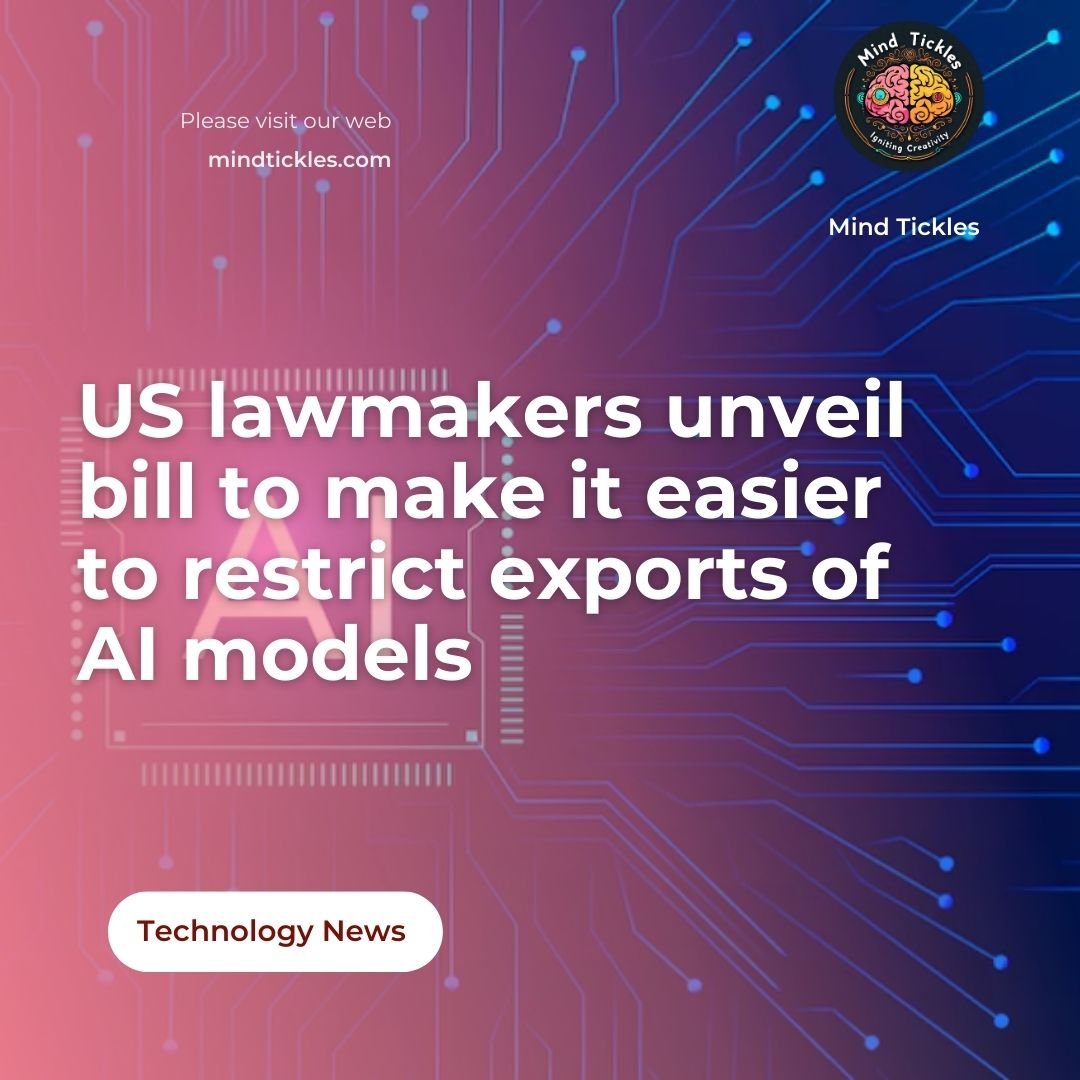US TikTok seek fast-track schedule ruling by Dec. 6 on potential ban

Recently, the heated legal battle between the government of America and ByteDance, the environment that owns TikTok, has been at the most violent. On Friday, requesting for expedited review of an imminent injunction in the US Court of Appeals for the District of Columbia, the Justice Department and TikTok, ByteDance requested the ban to be stated in January 19, 2024, otherwise the UK will be globally prohibited.
Background: Legal Context instituted by the Government.
The bill, passed by President Joe Biden on April 24, 2024 — based on national security issues — is at the core of this proposal. U. S. lawmakers have raised their concerns that the Chinese government could turn TikTok into tools to spy on and pinpoint American users for data extraction or espionage. The Inducement eventually requires the sale of all Tiktok U. S. operations to American Company or to be out of Business completely in the U. S.
Ignited Quick Request for Legal Resolution
In their joint submittal, TikTok, Bytedance, and a TikTok content creator alliance, along with the Justice Department, are requesting the court to issue the order by December 6, 2024. Such a timeline would however give the Supreme Court an enough time to review the case if there is a need before the end of January.
The petitioners stated the need for summing up the majority public interests as well as the timely resolution of the problem. As the most popular social platform among 170 million Americans, TikTok is the defining factor of our digital landscape. It leads to cultural evolution, entertainment, and commerce in the US. It was suggested in the petitioners’ case that the law puts a big question mark on the rights guaranteed by the Constitution, in particular the First Amendment that bounds free speech.
Legal Foundations and the Constitutional Perspectives
According to the defense team of TikTok and ByteDance, the forced sale of the U. S. business unit of TikTok violates fundamental laws. They will say that this represents a violation of free speech rights through blocking the channels for self-expression. Moreover, they cite the involvement of the individual in the process of the adjudication as being questionable, and see the law as an overstep of executive power.
The Justice Department nonetheless insists that the law be concluded to be constitutional and thereby ensuring the country’s national security. This signify their intent to submit classified materials to the court which would surely signify a court case within a sensitive nature of the security risks significantly supposedly connected to TikTok’s current ownership structure.
Implications of the Divestment Mandate
Impact on Users and Creators
The feasible termination or forced acquisition will be Kik off the digital face and so the creators as well as community. In recent times, TikTok has become a trendsetting culture with the youth changing the way they dress and speak. The app’s existence is undermined by the impending law and content creators now organise themselves to fight against it claiming how their freedom of expression and opportunities for growth are affected.
Economic and Business Consequences
The president’s order of forces ByteDance to declare off TikTok’s American assets signifies essential economic ramifications. Induced sale may shift the balance of power between social media platforms, probably not in favor of overall market share and ultimate user preference. The American giant tech companies could begin to harness this sector and potentially fight for its ownership role. That being so, the sector could witness shifts in market share and strategic trajectories.
Also, the ban will prevent app stores from providing TikTok services and stop internet hosting providers from offering any support for the platform. Therefore, this action may be a deviation from the digital eco-system, and entanglements of other businesses that are used by TikTok for advertising and interaction purposes.

National Security Concerns
Government’s Stance
The basis of the legislation is the national security attributed by the administration of President Biden in the main. The demand for data privacy and possibility of spying are both lawmakers’ reasons in scrapping the provision mandating the divestment. The Department argues that some risks related to the TikTok Chinese ownership are unacceptable because Beijing would have a useful tool of pressuring ByteDance, the company behind this social networking platform, to give away sensitive user data.
Classified Evidence and Security Justifications
To make these arguments, the Justice Department needs to introduce supporting data into the court by referring to the classified documents. Obviously this evidence will be aimed to show what threats to security and the law law aims to prevent through the toughest measures. The whistleblowing submissions point out the seriousness of the concerns, and how high stakes the legal battle is to such an extent that they also have the author of these submissions worried for their job security.
Next Steps and Future Outlook
Oral Arguments and Court Proceedings
The parties have petitioned for the oral argument to be held in September and it should be set not later than possible. The quick schedule symbolizes the key of avoiding unnecessary delays in addressing this critical case. The decision made by the appeals court will principally determine the course of events, which may ultimately force the High Court to have another look at the matter if it became necessary.
Potential Outcomes
Several scenarios could unfold depending on the court’s decisions:Several scenarios could unfold depending on the court’s decisions:
Upholding the Law: If this law is upheld in future, ByteDance can be obligated to transfer its US operations by January 19, 2024 or curiosity ban. As a result, the next event likely to follow would be a sale out of the platforms and that may cause migratory movements of people in the social media arena.
Blocking the Law: If the judge discovers the regulation unconstitutional, he or she will immediately terminate the divestment order, therefore giving TikTok an extra lifetime under the ownership of ByteDance. Similarly, it can lead to the drafting or ammending of laws to respond to security challenges.
Submit Input
Interim Measures: In addition the court can give interim reliefs like temporary injunctions that freeze matters from worsening as the processes unfold in court. This pathway would be valid as at least a deferred measure for TikTok to remain intact.
Conclusion:
Digital rights and personal security will face a critical turning point is surveillance technology reaches its zenith of supremacy. The U. S. government vs TikTok case is an epic case with core issues for human rights, national security, and the tech industry. The court continues its processes with the arguments coming up and decision yet to be rendered, and everyone involved has a lot on the line. Besides TIkTok’s US fate, this resolution also will mark the path for authorities to resolve the conflict between security concerns and the rights embodied in the First Amendment on a digital scale.
The legal battle between TikTok, owned by China-based ByteDance, and the US government has escalated significantly, impacting 170 million American users and the platform’s content creators. With TikTok petitioners seeking a fast-track schedule in the US Court of Appeals, the Justice Department’s insistence on national security grounds has set a high-stakes precedent. The new law mandates TikTok to divest its US assets by January, prompting profound effects on American life and raising constitutional questions about free speech protections. As oral arguments approach, the Supreme Court may ultimately weigh in, potentially granting emergency preliminary injunctive relief. This case underscores the intersection of digital rights, personal privacy, and geopolitical tensions in the modern era. The legal battle over TikTok’s US operations, driven by national security concerns and constitutional implications, has reached a critical juncture. With TikTok creators and the US Justice Department at odds, a fast-track schedule in the US appeals court aims to resolve the fate of TikTok’s assets by January 2024. This case, with profound implications for 170 million Americans and their free speech protections under the First Amendment, underscores the clash between security imperatives and digital rights. As oral arguments loom and the Supreme Court watches closely, the outcome could set a precedent for similar lawsuits and reshape American digital life. The urgency for prompt disposition, given the emergency injunction requests and the high stakes involved, highlights the complexities at the intersection of technology, law, and national security.

If you want to read more information just visit –> Mind Tickles





